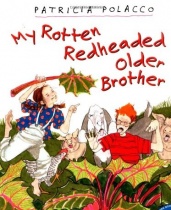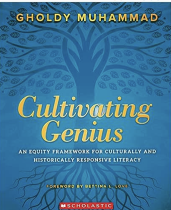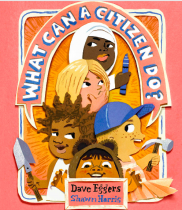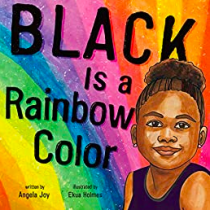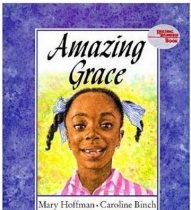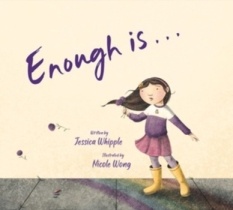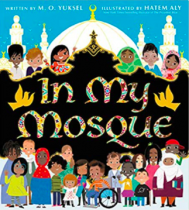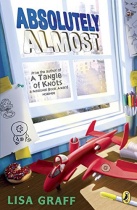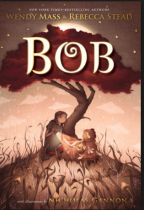If you think about the phrase "if" there is so much undue potential. Take the sentence: I had a bad day. Okay, now place the word "if" in front of it. Now it reads: "If you have a bad day...." Notice the trailing off? Notice now the independent clause turns into a dependent clause and that dependent clause cannot stand by itself. Why? It depends on something else holding it up. And that something else is...love and hope.
You see, hope allows you to look at life with a dependent clause. Place "If" in front of absolutely any phrase, and you realize you always have another option to grow and to be better and that option provides hope. "I dislike my current position" becomes "If I dislike my current position.." and now you have options. You have faith. You realize the road may not be exactly where you want it, but it still exists. It's still there. And that road always has another turn you can take, you just have to walk alongside and find it.
I have been reading many poetry books from the library lately, and I have to say-there are some beautiful poems out there. So many poems in fact, I probably could spend a lifetime analyzing a poem a day and yet still not have read as many poems as I would have like. But the poem that I am currently working on (besides the Human Family) which my class is currently analyzing is the poem entitled "If" by Rudyard Kipling. This poem is the very definition of the word "if" because it provides a fork in the road in every verse. You can choose this or you can go this way. You can be this but not too much of this. If this happens, it helps you to conquer this and so on and so forth. The phrase I thought deeply about this week was

